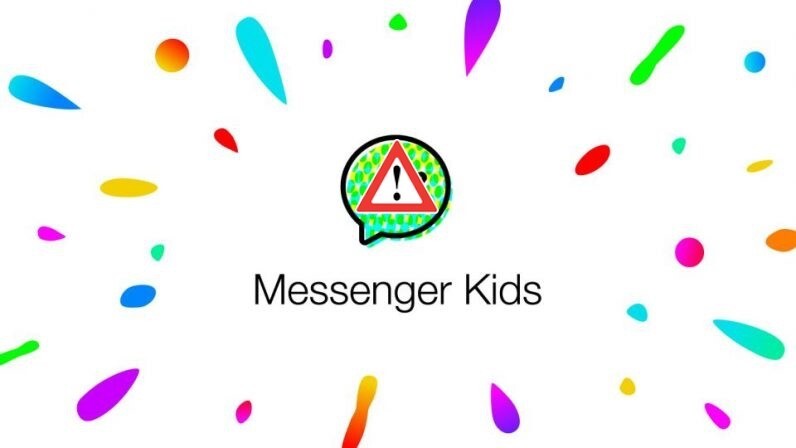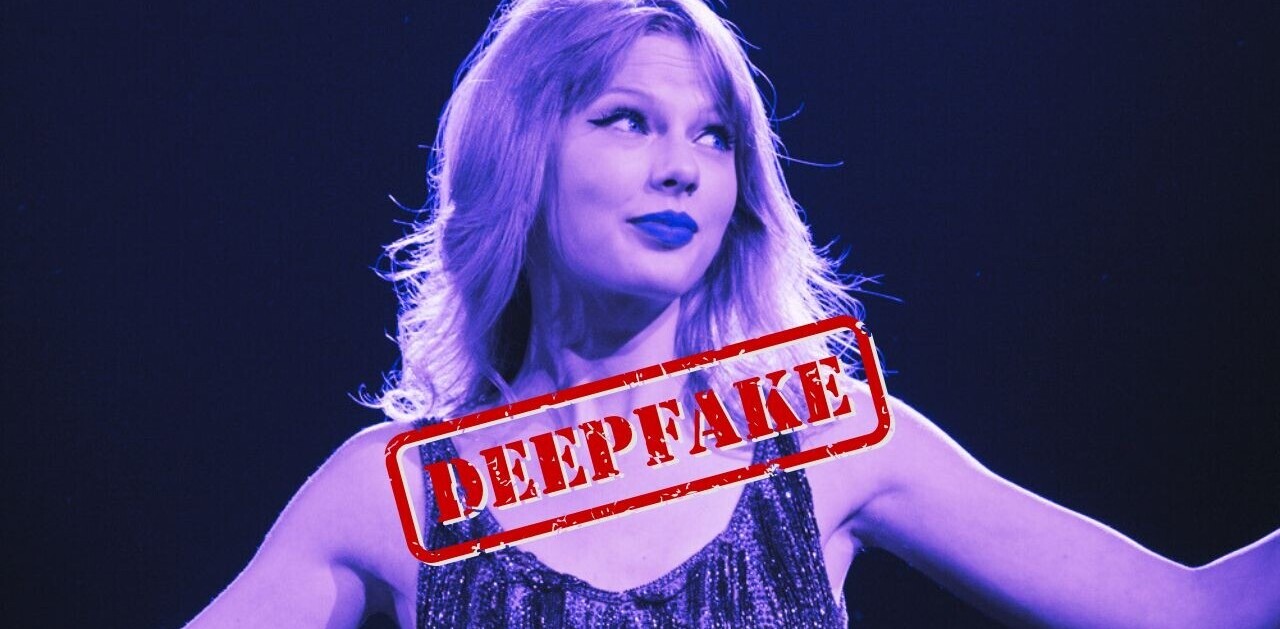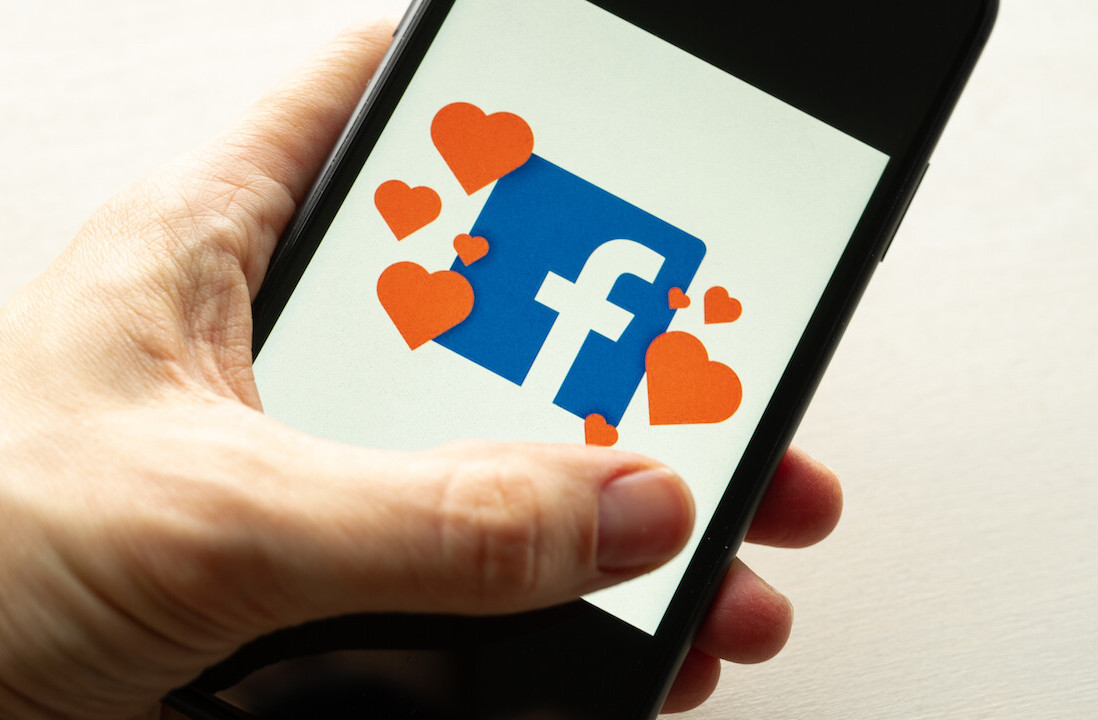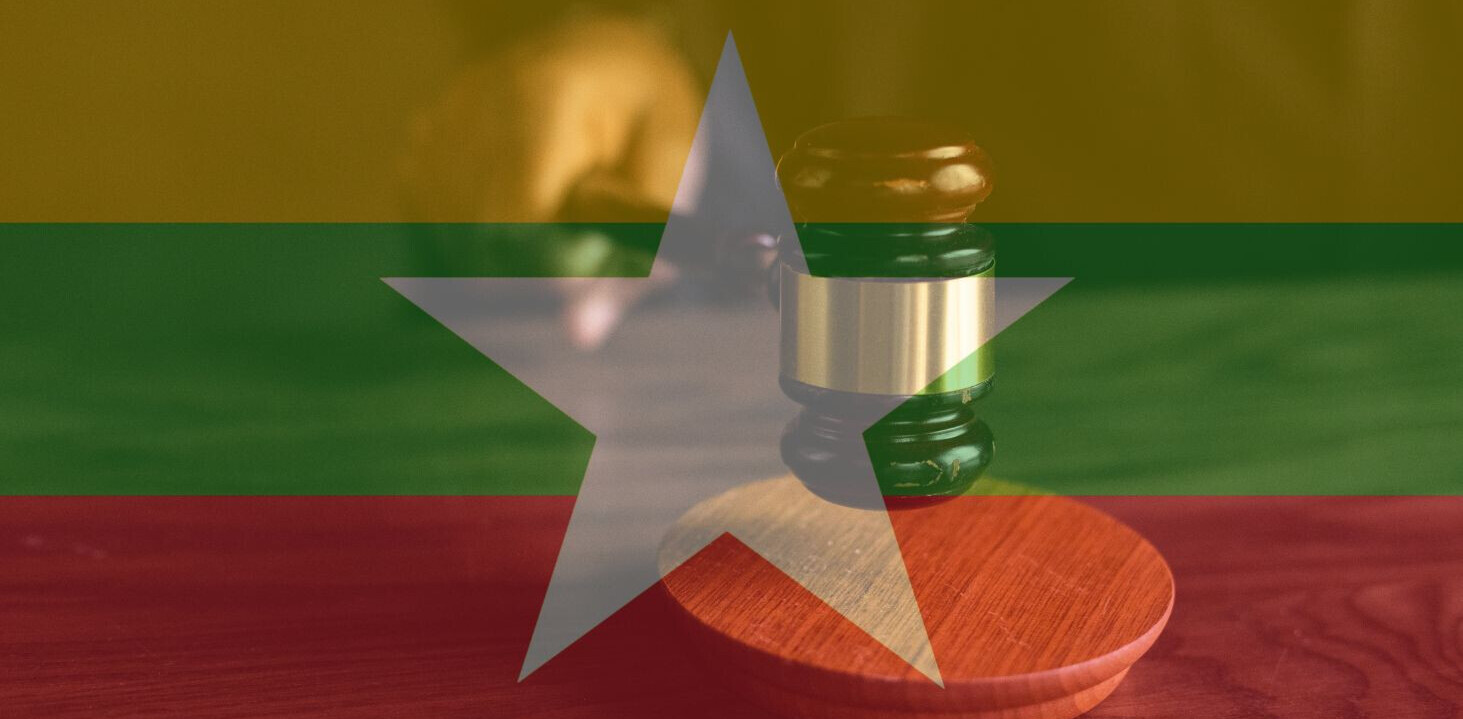
In 2017, Facebook launched a messenger app for kids to let them safely chat only with people approved by their guardians. However, a recently discovered design flaw in the app allowed young users to do precisely the opposite: participate in group chats with adults, without their parents’ permission.
This flaw let kids accept new people in a group chat or join a new group without any authorization.
The Verge reported that over the last week, the company has been sending parents messages saying a technical error has allowed the child to be part of unauthorized groups, and it has closed these chats:
Hi [PARENT],
We found a technical error that allowed [CHILD]’s friend [FRIEND] to create a group chat with [CHILD] and one or more of [FRIEND]’s parent-approved friends. We want you to know that we’ve turned off this group chat and are making sure that group chats like this won’t be allowed in the future. If you have questions about Messenger Kids and online safety, please visit our Help Center and Messenger Kids parental controls. We’d also appreciate your feedback.
Facebook confirmed to TNW in an email statement that it has found the flaw and sent alerts to thousands of users:
We recently notified some parents of Messenger Kids account users about a technical error that we detected affecting a small number of group chats. We turned off the affected chats and provided parents with additional resources on Messenger Kids and online safety.
There are no details on the nature of the design flaw, or how many children were affected.. We’ve contacted Facebook to know more, and we’ll update the story accordingly.
The app is currently available in five countries: the US, Canada, Mexico, Thailand, and Peru. In 2018, a privacy group filed a complaint to the US Federal Communications Commission (FCC) alleging the app put kids’ privacy at risk and didn’t comply with the Children’s Online Privacy Protection Act (“COPPA”).
If you want to figure out whether your child has been in unsupervised group chats, Lifehacker has a simple guide to walk you through it.
Get the TNW newsletter
Get the most important tech news in your inbox each week.





